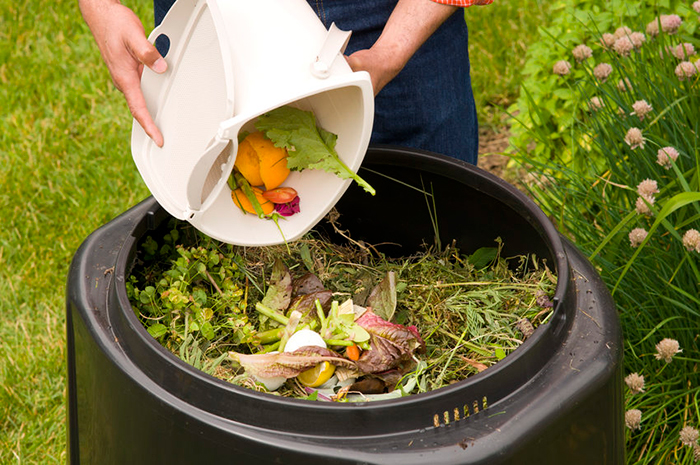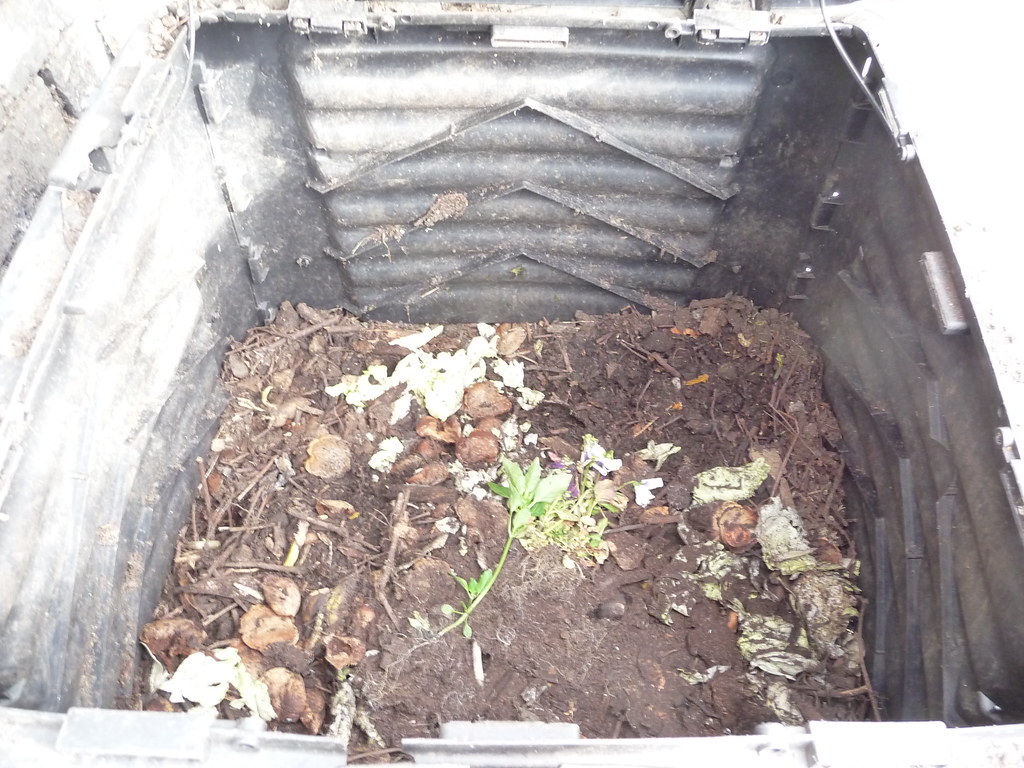Backyard Composting Turning Waste Into Nutrient-Rich Soil

Greetings fellow farmers! Today we are going to discuss an important topic that directly affects our farms - managing household waste. With improper management, household waste can pollute the environment, spoil the beauty of our farms, and even affect the health of our livestock. So, let's dive in and see how we can deal with this issue.
How to manage household waste?
Before we dive into the tips and tricks, let's first understand how we can manage household waste effectively:
- Segregate: The first step in managing household waste is to segregate it. Segregate waste into different categories such as biodegradable, non-biodegradable, recyclable, and hazardous.
- Reduce: The amount of waste generated can be reduced by being mindful of what we buy and how we dispose of it.
- Reuse and recycle: We can reuse certain items like jars, bottles, and containers, and recycle items like plastic, paper, and metal.
Tips and Tricks
Now that we know how to manage household waste let's discuss some tried and tested tips and tricks:
1. Composting
Composting can be done on farms or even in our gardens. Biodegradable waste like vegetables, fruit peels, and leaves can be converted into compost, which is an excellent fertilizer. Composting not only reduces waste but also improves soil fertility.
2. Vermicomposting
Vermicomposting is a type of composting that utilizes earthworms to convert organic waste into nutrient-rich compost. Worms eat and break down the organic waste, and the resulting castings make excellent manure.
3. On-farm recycling
Non-biodegradable waste like plastic and metal should be recycled off the farm. However, organic waste like wood or cardboard can be used as a source of energy on the farm. These materials can be burnt in stoves, boilers or furnaces, reducing the need for fossil fuels.
4. Avoid food waste
Food waste produced on the farm or in our homes can be used as animal feed or compost. By reducing food waste, we not only save money but also contribute to environmental sustainability.
5. Non-toxic cleaning products
Switching to non-toxic cleaning products will reduce the amount of hazardous waste produced, which is harmful to the environment, our farms, and livestock.
6. Say no to plastic
Avoid using single-use plastic like bags, bottles, and straws. Switch to eco-friendly alternatives like cloth bags, glass bottles, and metal straws. Reducing the use of plastic will help preserve our environment and prevent plastic pollution.
7. Refurbishment
Avoid disposing of items that can be refurbished or repaired. Items like furniture, machinery, and tools can be repaired, reducing the need to buy new ones.
8. Hazardous waste disposal
Chemicals, batteries, light bulbs, and other hazardous waste should be disposed of correctly, keeping in mind their harmful effects on the environment and health.
FAQ
Here are some frequently asked questions on managing household waste:
Q. What is the best way to manage food waste on the farm?
A. Food waste can be used as animal feed or compost, reducing the amount of waste produced.
Q. Can non-biodegradable waste be composted?
A. No, non-biodegradable waste like plastic and metal cannot be composted. They should be disposed of off the farm.
Q. How can we dispose of hazardous waste?
A. Hazardous waste should be disposed of correctly, keeping in mind the environmental and health hazards they pose.
Q. Can we burn all types of waste on the farm?
A. No, only organic waste like wood or cardboard should be burnt on the farm. Burning plastic, for example, can be harmful to the environment.
That brings us to the end of this post on managing household waste. Remember, proper waste management is essential for the sustainability of our farms and the environment we live in. Let's do our bit to preserve our natural resources for future generations. Happy Farming!


Post a Comment for "Backyard Composting Turning Waste Into Nutrient-Rich Soil"